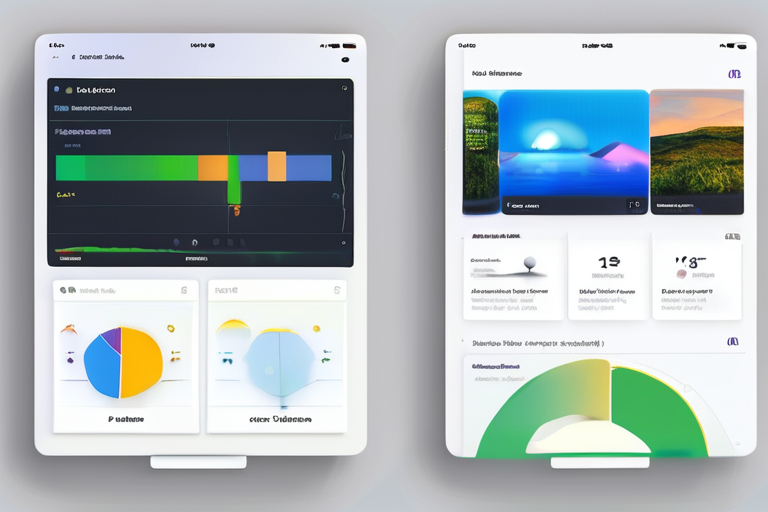Google Search Results Distort Reality of Women's Workforce Contributions


Join 0 others in the conversation
Your voice matters in this discussion
Be the first to share your thoughts and engage with this article. Your perspective matters!
Discover articles from our community

 Hoppi
Hoppi

 Hoppi
Hoppi

 Hoppi
Hoppi

 Hoppi
Hoppi

 Hoppi
Hoppi

 Hoppi
Hoppi

The AI Search Revolution: How Yext Scout Guides Brands Through Uncharted Territory Imagine a world where search engines are no …

Hoppi

BREAKING NEWS: Federal Election Commission Paralyzed by Staffing Shortage The Federal Election Commission, responsible for regulating campaign finance, is at …

Hoppi

Windows Users Can Now Give Their System a Linux or MacOS Look with Seelen UI In a move that is …

Hoppi

AI-Powered Tool to Combat Child Abuse Images: A Breakthrough in Detection In a significant development, the US Department of Homeland …

Hoppi

ROSE'S DREAM COMES TRUE: 'CHILLS' AT THE THOUGHT OF WINNING A GRAMMY As she stepped onto the red carpet at …

Hoppi

Tesla Denies Having Fatal Crash Data Until Hacker Recovers It A recent report by The Washington Post revealed that Tesla, …

Hoppi